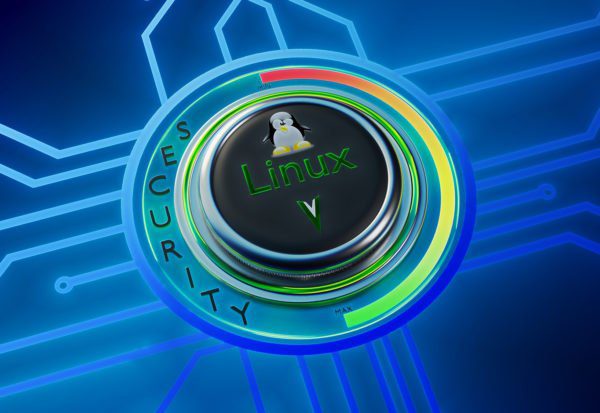What’s an Operating System?
You’re probably familiar with Microsoft Windows or Apple’s Mac OS X. Windows and OS X are a special type of software called an Operating System (OS for short). The purpose of an OS is to function as a sort of foundation for other software to run within. If the OS were not running on a computer, none of the other software would work.
Over the many years of computing, there have been several Operating Systems available, but many people are only familiar with one or two – usually Windows or OS X – and come in contact with them when using desktop computers. In the server world, there is currently another OS which you are more likely to find running, and that OS is Linux.
In fact, the very website you’re reading right now is running on Linux.
Linux accounts for a huge share of the server Operating System market, but what about running Linux on a desktop computer? It turns out that there are many varieties of Linux intended to run as your desktop OS. Two of the most popular desktop Linux versions are Ubuntu and Fedora.
Why Linux?
At this point you might be asking yourself, “well, even though I can run Linux on my desktop, why would I want to?” This is an excellent question. For many people, staying in a Windows or OS X environment is the right call, but there are good reasons to look beyond those options.
Linux is free. You do not have to pay a dime to use it. Just download it, and install it on your computer. It also can come pre-installed with lots of free software for everything from document editing and spreadsheets to professional-level image and audio editing.
However, there are some drawbacks to Linux which are, to some individuals, not worth leaving the comfortable Windows or OS X environment.
If you have specialized software or hardware that you use with your computer, it’s possible that it will work in Linux, but it is not guaranteed. Additionally, getting around a Linux OS will take some time to get acclimated to as important system functions are usually located in different places than one might be used to.
Freedom
Ultimately, Linux presents a very interesting and viable alternative to the most popular of modern Operating Systems, and if you have the time to spend, it just might be worth the time investment to open up a whole new world of computing. There are vast amounts of free software to explore which are not only free to download and use, but are also free to modify in any manner you want. Linux as an Operating System represents a new level of freedom in computing that was traditionally locked behind closed doors.
Linux is a completely different operating system experience than Windows or OS X. If you have any questions or need any help getting Linux setup, feel free to reach out to SandStorm IT at 901-475-0275.

